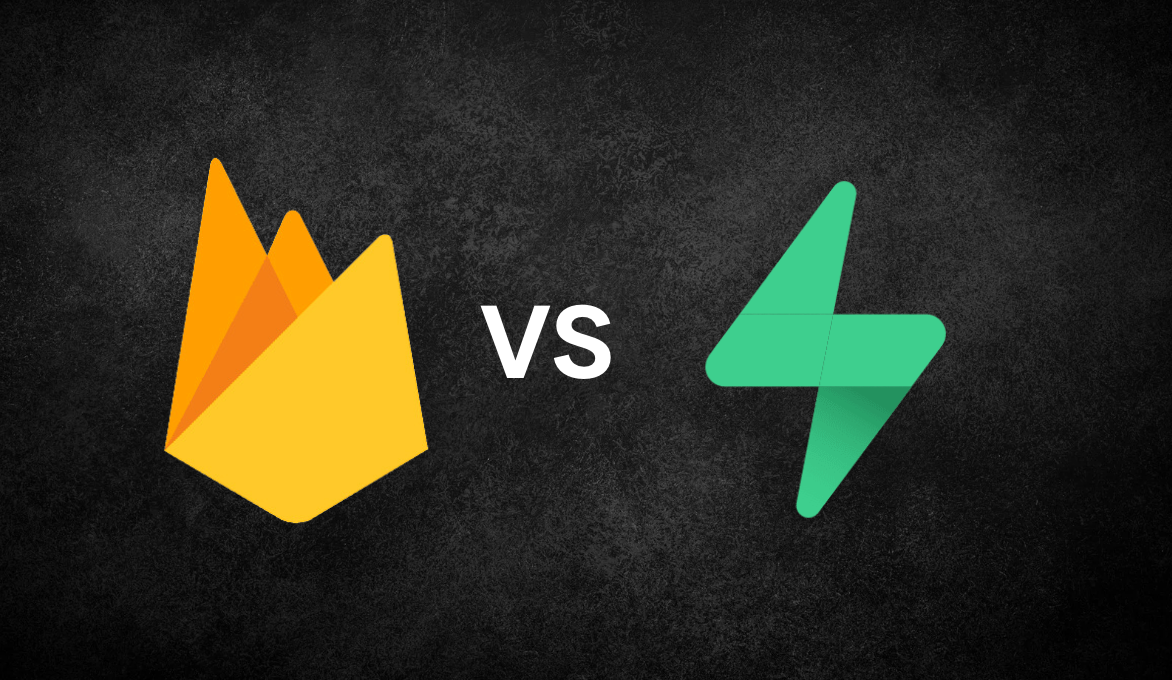In the realm of modern application development, choosing the right backend solution is pivotal. Firebase and Supabase are two leading contenders, each offering a distinct set of features and capabilities. In this article, we'll dissect the differences between these platforms, helping you make an informed decision for your next project.
Firebase: The Established Leader
Firebase, a Google Cloud product, has been a cornerstone in the realm of backend services for a considerable time. It offers a wide array of services, ranging from a real-time database to hosting, authentication, and more.
Strengths:
- Ease of Use: Firebase provides a seamless setup process. With a few clicks, developers can initialize an entire backend infrastructure.
- Real-time Database: Firebase's real-time database is exceptional for applications requiring live updates. It excels in applications like chat apps and gaming.
- Authentication: Firebase Authentication is a robust solution, providing various sign-in methods, including email/password, social media, and third-party integrations.
- Scalability: Firebase automatically scales your application to meet demand, ensuring consistent performance even under high loads.
Limitations:
- Data Control: Firebase's proprietary database can limit certain types of complex queries and data operations.
- Cost: While Firebase offers a generous free tier, costs can escalate significantly as an application scales.
- Limited Backend Customization: Developers may face limitations when implementing complex backend logic due to Firebase's simplified architecture.
Supabase: The New Challenger
Supabase is an open-source alternative that presents itself as a strong contender to Firebase. Built on PostgreSQL, Supabase offers a robust and extensible backend infrastructure.
Strengths:
- Full SQL Database: Supabase leverages PostgreSQL, granting developers the power of a full-fledged SQL database. This allows for complex queries and operations.
- Customization and Control: Developers have complete control over their backend logic, allowing for more intricate business logic and operations.
- Open Source and Self-hostable: For those concerned with data privacy or compliance, Supabase can be self-hosted, ensuring full control over your data.
- Real-time Capabilities: Like Firebase, Supabase offers real-time capabilities through its WebSocket integration.
Limitations:
- Learning Curve: Developers familiar with SQL will find it easy to adapt, but those new to it might face a steeper learning curve compared to Firebase.
- Initial Setup: Setting up Supabase requires more manual configuration compared to Firebase.
- Community and Ecosystem: While growing rapidly, the Supabase community and ecosystem are still evolving and may not be as extensive as Firebase's.
Choosing the Right Fit
The choice between Firebase and Supabase largely depends on the specific requirements of your project:
- Choose Firebase If:
- You prioritize ease of use and a wide array of integrated services.
- Real-time capabilities are crucial for your application.
- Rapid development and scalability are top priorities.
- Choose Supabase If:
- You require extensive control over your backend logic and data operations.
- Compliance, privacy, and the ability to self-host are critical considerations.
- You're comfortable with SQL and value its robust querying capabilities.
In conclusion, both Firebase and Supabase are powerful backend solutions, each with its unique strengths. By evaluating your project's specific needs and priorities, you can make an informed decision that sets you on the path to backend success. Happy coding!

